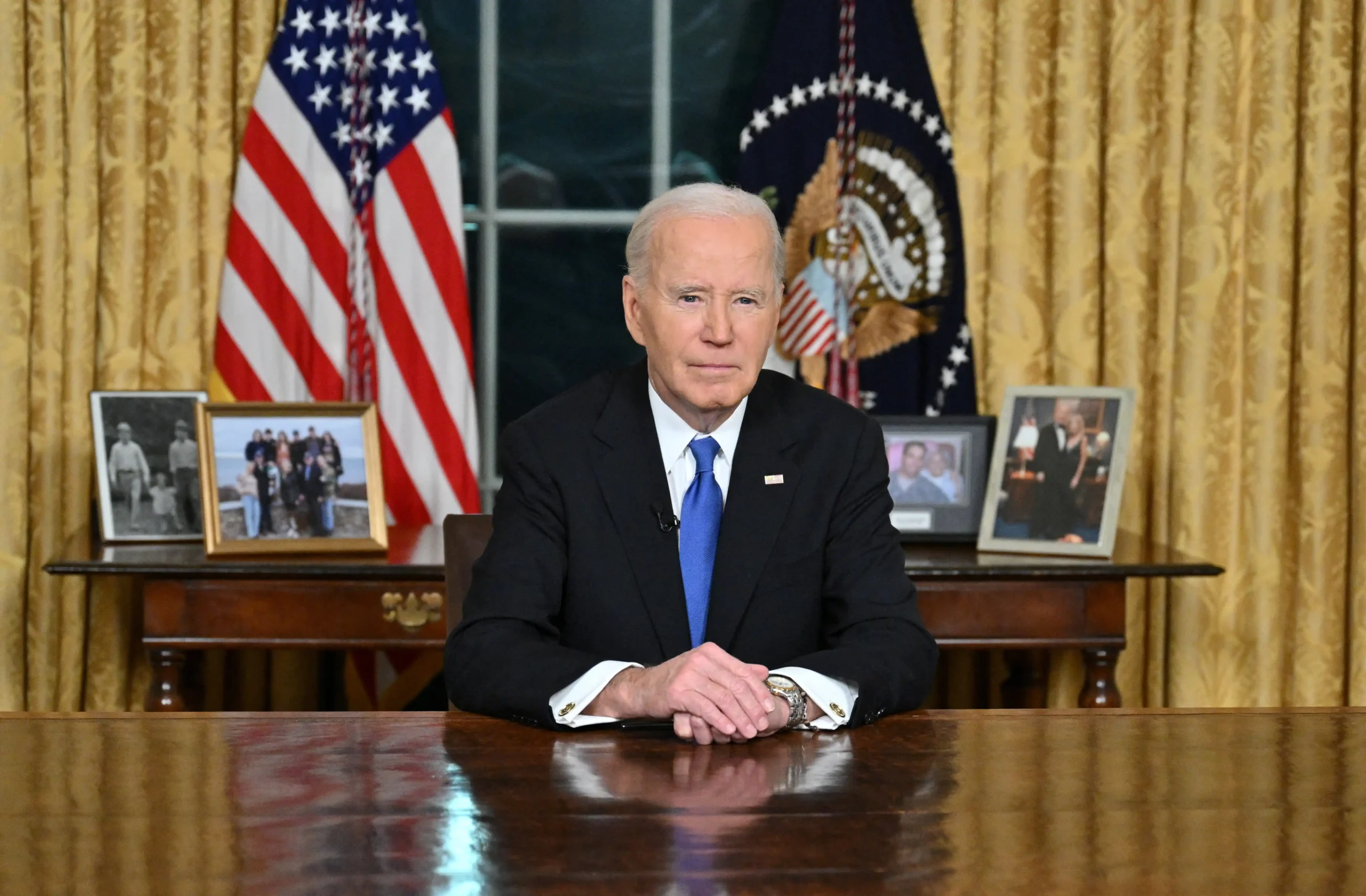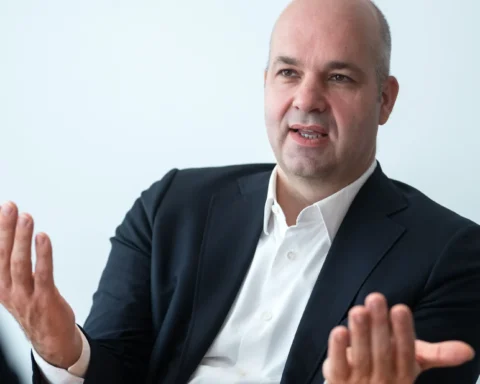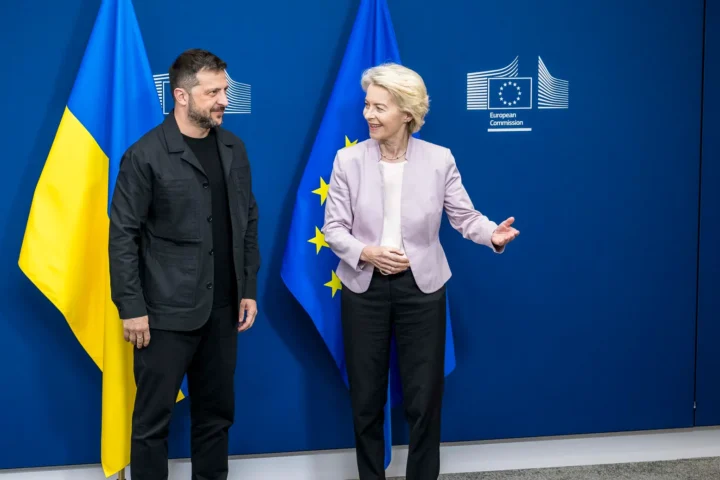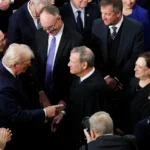As President Joe Biden prepares to leave the White House, his farewell address took an unexpected turn, offering not only a reflection on his tenure but also a stark warning about the challenges threatening American democracy. Delivered from the iconic Oval Office, Biden’s speech emphasized pressing issues and outlined his vision for reforms aimed at safeguarding the nation’s democratic principles. Here, we break down the essential points of his final message.
1. Biden’s Warning on Emerging Oligarchy
In a tone reminiscent of Dwight D. Eisenhower’s cautionary farewell about the “military-industrial complex,” Biden warned that America is facing the rise of an oligarchy, where wealth and power are increasingly concentrated in the hands of a few. He highlighted the influence of what he termed the “tech-industrial complex,” criticizing social media platforms for their role in spreading misinformation and undermining public trust.
“An oligarchy is taking shape in America,” Biden said, urging the public to resist the forces of extreme wealth and influence that threaten democracy. His concerns extended to climate change, which he described as a generational fight that should not be sacrificed to short-term interests.
2. A Call for Constitutional Reforms
Biden’s address wasn’t just a warning; it was also a proposal for change. He called for a constitutional amendment ensuring no president is immune from prosecution for crimes committed while in office. This idea stemmed from a Supreme Court decision granting former presidents broad immunity for actions taken during their term, a ruling that had significant implications for Donald Trump’s legal challenges.
Additionally, Biden proposed:
- Higher taxes on billionaires to address income inequality.
- Stricter campaign finance regulations to limit the influence of money in politics.
- 18-year term limits for Supreme Court justices to promote judicial accountability.
- A ban on stock trading by members of Congress to prevent conflicts of interest.
3. Reflecting on His Presidency
In his speech, Biden took pride in accomplishments such as rebuilding infrastructure, revitalizing American manufacturing, and improving healthcare. He acknowledged that the full impact of these efforts might take years to be felt but expressed confidence that they would shape the country’s future positively.
Biden also highlighted his recent success in brokering a ceasefire between Israel and Hamas, showcasing his commitment to diplomacy even in his final days.
4. The Symbolism of the Oval Office Setting
Opting to speak from the Oval Office, Biden’s farewell was steeped in tradition and symbolism. Surrounded by family and joined by Vice President Kamala Harris, he underscored the importance of continuity and stability during transitions of power. This setting underscored the gravity of his message and his hope for a unified nation.
5. The Legacy and Challenges Ahead
While Biden refrained from directly naming Donald Trump, his concerns about the future of democracy were evident. He warned against the dangers of misinformation and the erosion of public trust in institutions. Biden’s address was not only a reflection on his administration but also a plea for vigilance and civic engagement.
“The strength of our institutions and the character of our people matter,” he stated. “Democracy must be defended, defined, and imposed.”
Joe Biden’s farewell address was more than a goodbye; it was a challenge to Americans to remain engaged and proactive in defending democracy. By outlining specific reforms and addressing the threats posed by concentrated power, misinformation, and climate change, Biden provided a roadmap for the nation’s future.
As he concluded,
“After 50 years of public service, I still believe in the idea for which this nation stands. Now, it’s your turn to stand guard.”


















